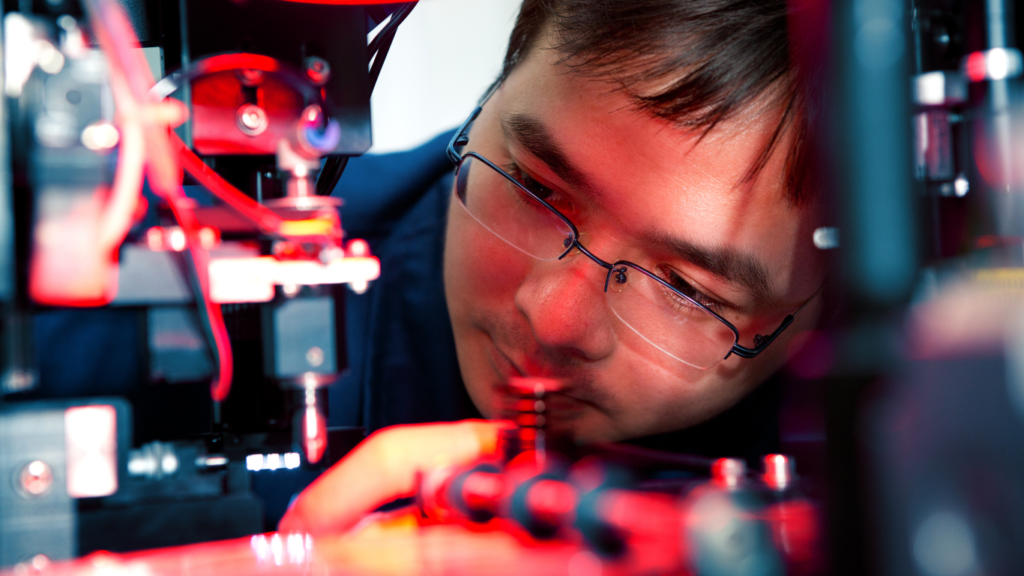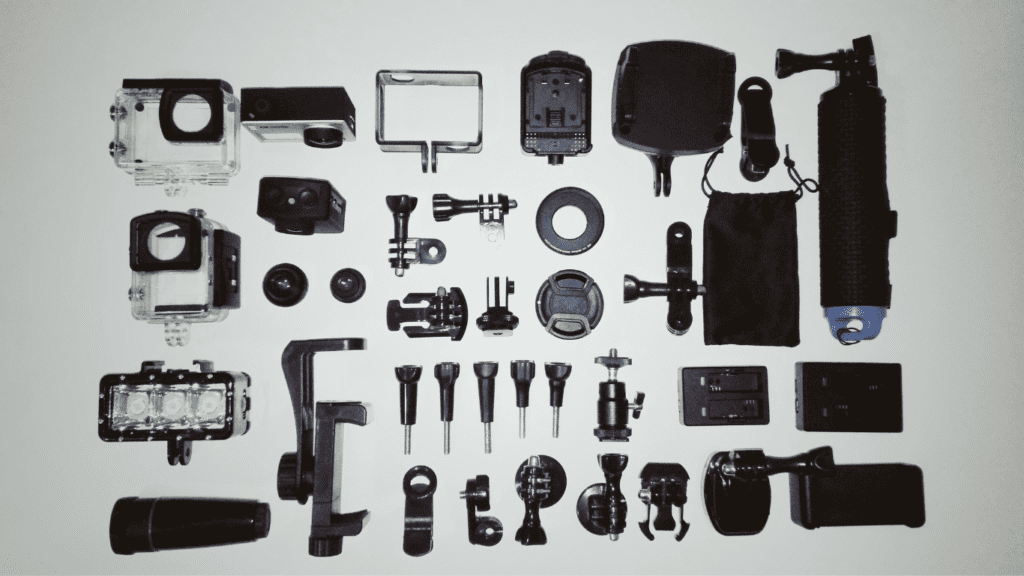Skills to develop as a new Field Engineer
If you are a new Field Engineer, and keen to develop and make a good impression, these are some skills to develop.
Starting work as a Field Engineer and learning new skills


Communication skills
The best field engineers have strong listening skills with customers. Here are some tips:
Ask open questions rather than closed questions. For example:
“What happened in the hour before it stopped working?”
is better than
“When did it stop?”
Talk to different people on site especially the ones operating the equipment. Your main point of contact may know that there is a problem but not know all the detail. When you talk to the operators, don’t just ask them about the issue but ask:
What did you hear?
What happened just before?
Had anything been different in the few hours or days before?
Did you see anything?
Has anything similar happened before?
Improve your presentation skills so that you can confidently and concisely explain what you have done and any follow up that will happen. The more you practice, the better you will sound.
People skills
On the way on to where the equipment is, chat to:
Hotel staff if you are staying near by
The receptionist
Security staff
Any other staff you pass
Even if you haven’t seen them before, you won’t feel so alone. They may have some information that will be useful. Maybe you will see them on the way out or the next day too.


Preparation
Pack your equipment bag well and keep it checked each evening ready for the next day. Check everything is charged, replenished, clean etc. Add to it over time with things which more experienced field engineers suggest as being good additional items.
Keep your safety equipment checked and spares available if possible.
Doublecheck your route and check you have contact details for when you arrive on site.
Record keeping
Keep a notepad with you and add to it each day. This way you will create your own manual. Don’t assume you will remember exactly what you have done on each job. Your own notes will be invaluable as time goes on.
From doing this, start to build up a portfolio of your work so that you can use it for promotion opportunities or the next job.
Keep a list of your successes. Then read back through this if you have a tough day or a difficult customer. It won’t take long to build up a decent list.


Support
Build up a network of people who can offer support if you need it. Either:
Technical – when a fix is new or difficult
Emotional when something goes wrong
Company for when you feel alone on site
Your support network needs to be people from within the company and from other sources too.
Additional useful items
Carry additional useful items with you. Your aim should be to make your day as comfortable as possible. The better you feel, the better you will work.
For example:
Water bottle
Healthy snacks for if you miss a meal break
Different shoes to drive in
Clothes to change into before leaving the site if you get dirty or very hot
Business card so that you can leave your contact details where needed
Keep adding to this as you become more experienced.
Troubleshooting
Even when things are taking longer than expected, or not working as planned, keep calm and patient. Practise deep breathing or walk away for a ten-minute break. When you come back try to think about the problem or issue as if it is new and begin your thinking again.
Paperwork
Always complete the paperwork at the end of the day. Take as much trouble over this as you have over the job you have just finished. Look back over it and make sure it is:
Clear
Concise
Sufficiently detailed for future reference
Professional looking


Plan your time
Take time at the beginning of each week to plan your time. Schedule in when you will study, read, keep up to date with technical changes.
Keep learning
Make sure that each day and on each new project, you learn something. The more you learn the more resourceful you will become. Stay up to date from day one and you will never be held back from promotion or the next job.
Skills to develop from your first day as a new Field Engineer
Even on your first day in your first job as a field engineer, you can start to develop skills which will lead to future roles.
These are the key five:
Ability to work independently but know when to ask for help
Resourcefulness and ‘out of the box’ thinking
Attention to detail
Check
Double check
Check again
Patience
Leadership skills. Observe colleagues, other employees, people on the customer site and learn from them.
Leaving a customer site
Check before you leave that you have:
Any necessary paperwork and signatures
Updated all relevant staff
You have said goodbye and thanked anyone who has helped you during the day
You have all your equipment. Double check this as it is easy to leave something attached or plugged in.


Further reading on skills to develop as a new field engineer
What is the profile of a great Service Engineer?
Twenty skills needed by a Field Service Engineer – What are your top three?


Responses